19 books to read in 2020
If there was ever a year to set an ambitious reading goal, this would be it

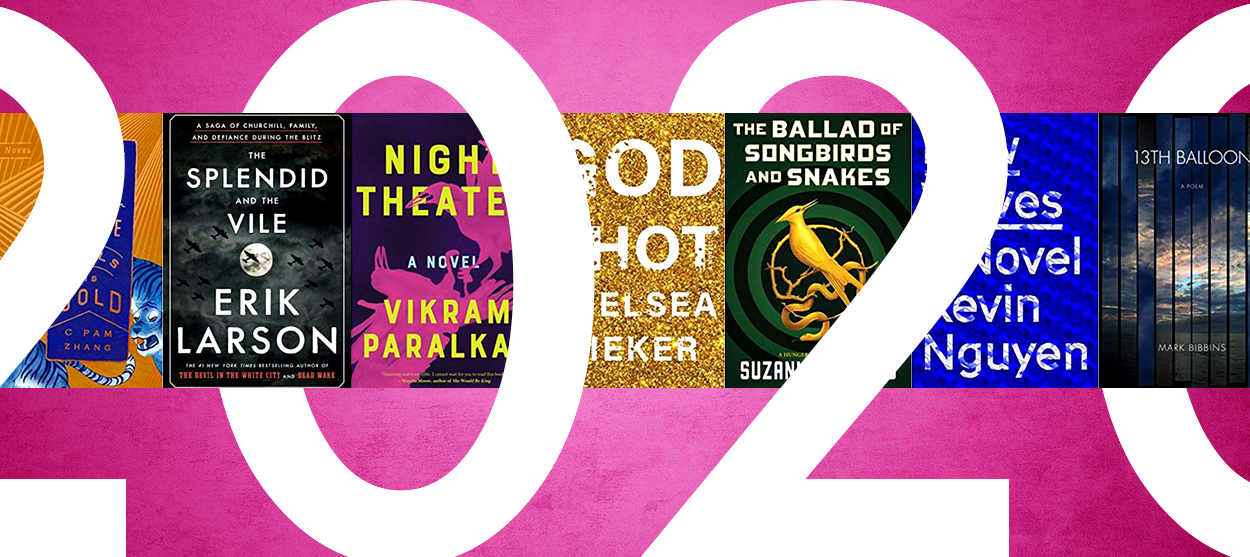
A free daily email with the biggest news stories of the day – and the best features from TheWeek.com
You are now subscribed
Your newsletter sign-up was successful
New year, new books to read.
Oh, if only it worked that way. Personally, I'm still catching up on my reading from 2019 ( and 2018 and 2017). But "too many books" definitely isn't a part of my vocabulary, and it shouldn't be in yours, either. From long-awaited prequels and sequels to explosive debuts, from moving memoirs to insightful cultural analyses, the decade is starting off strong. Trust me: If there was ever a year to set an ambitious reading goal, this would be it.
In fact, it's such a strong year that I had an extremely difficult time narrowing it down. After hours of reading and research, these are the 19 books I want to read most in 2020, with some honorable mentions to keep you going long after that.
The Week
Escape your echo chamber. Get the facts behind the news, plus analysis from multiple perspectives.

Sign up for The Week's Free Newsletters
From our morning news briefing to a weekly Good News Newsletter, get the best of The Week delivered directly to your inbox.
From our morning news briefing to a weekly Good News Newsletter, get the best of The Week delivered directly to your inbox.
January
1. Night Theater, by Vikram Paralkar (Jan. 14)
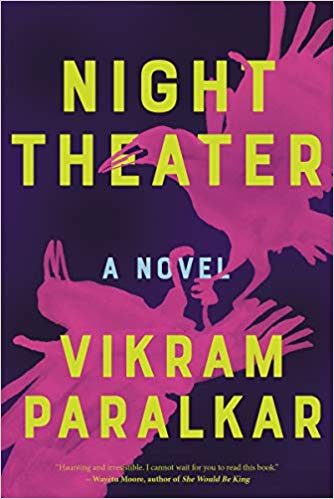
For as long as there have been storytellers, there have been stories about raising the dead. Osiris. Lazarus. Avengers: Endgame. This year's contribution to the canon is the "fablelike" Night Theater by Vikram Paralkar. In it, a nameless surgeon working in a poor, remote village in India is visited by a family of three who have been recently murdered, and need his help to return to life for good. Paralkar is a physician-scientist himself, and his novel probes philosophical questions about mortality, humanity, and the limits and possibilities of medical intervention. Having been compared to his idol Jorge Luis Borges in the past, there seems no better author than Paralkar to tackle the conundrum of limbo, and all the gory wonder it might entail.
2. Cleanness, by Garth Greenwell (Jan. 14)
A free daily email with the biggest news stories of the day – and the best features from TheWeek.com
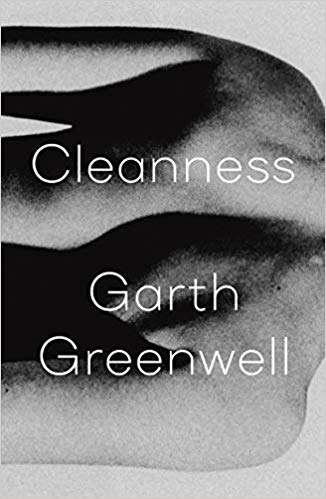
Every so often I read a book that I love so much, I buy a second copy — with the intention of giving it away — as soon as I finish my own. Garth Greenwell's 2016 debut, What Belongs to You, was one such book for me. Cleanness, his highly-anticipated follow-up, is similarly set in Sofia, Bulgaria, where an American teacher prepares to return to the states (Kirkus writes that Cleanness' narrator "seems to be the same unnamed character who narrated" What Belongs to You, although it stands on its own). Sex, sadomasochism, and the search for connection are all explored here in Greenwell's signature, poignant, yearning voice, and mark a worthy example of what the autofiction movement is capable of.
3. Uncanny Valley, by Anna Wiener (Jan. 14)

If you could pin down one big "it" book this winter, it would be Uncanny Valley, a memoir about the reckless and meteoric inflation of the startup bubble in the early 2010s. In anyone else's hands, such a topic might have the potential to be insider-y and dry; Anna Wiener knows, because she was once one of us outsiders, too. The memoir begins with Wiener not in California, but Brooklyn, where she commutes to a job as an overworked and underpaid literary assistant, all the while "oblivious to Silicon Valley, and contentedly so." But soon she finds herself immersed in the bro-ish culture of San Francisco circa 2013, working for an e-book startup and rubbing elbows with "new friends, coworkers, and crushes" who'd "swiftly and quietly made their first millions" while she was still "drinking in dive bars with friends from the publishing industry, moaning about our impossible futures." Lively and humorous, but weighted with the dreadful realization that this is, in fact, the world we live in now, Uncanny Valley is juicy and terrifying in equal measure.
Also noteworthy in January: Long Bright River, by Liz Moore (Jan. 7), Topics of Conversation, by Miranda Popkey (Jan. 7), Saltwater by Jessica Andrews (Jan. 14), Imaginary Museums, by Nicolette Polek (Jan. 14), A Long Petal of the Sea, by Isabel Allende (Jan. 21), American Dirt, by Jeanine Cummins (Jan. 21), The Third Rainbow Girl: The Long Life of a Double Murder in Appalachia, by Emma Copley Eisenberg (Jan. 21), Children of the Land, by Marcelo Hernandez Castillo (Jan. 28)
February
4. 13th Balloon, by Mark Bibbins (Feb. 11)
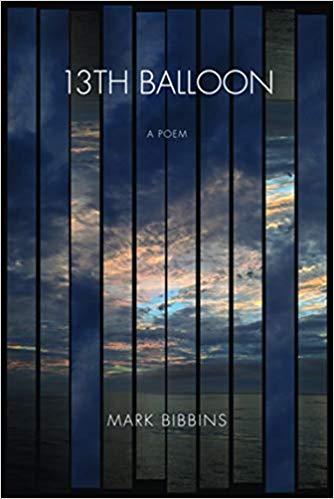
The devastating and beautiful fourth poetry collection by Mark Bibbins, 13th Balloon is written in address to the poet's lover, who died at the height of the AIDS crisis at the age of 25. Bibbins — a Lambda Literary Award-winner and the former poetry editor of The Awl — precisely observes his grief in sharp, crisp lines and details: "There are days when everything feels like a metaphor / for your having died." Constructed as a single book-length poem (of which you can read excerpts here and here), 13th Balloon functions as an elegy, but also a memoir about life. "If death is a test I fail," Bibbins writes. "If death is a test I pass."
5. The Splendid and the Vile: A Saga of Churchill, Family, and Defiance During the Blitz, by Erik Larson (Feb. 25)
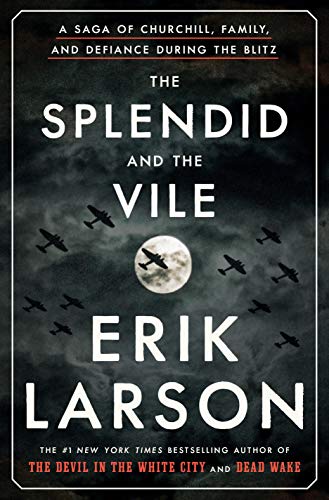
Examinations of the life of Winston Churchill are not exactly in short supply — the wrist-snapping 1,152-page 2018 biography by Andrew Roberts is one recent, acclaimed example that comes to mind. Now it's Erik Larson's turn. The author of Devil in the White City and, most recently, Dead Wake: The Last Crossing of the Lusitania, Larson's The Splendid and the Vile zeroes in on the Churchill family during the height of the Blitz, from May 1940 to May 1941. While the patriarch is the natural center of the story, Larson also covers his family, including the Churchill children (drawing from Mary Churchill's diary), as well as staff and advisors. "My goal was to put us there in that first year of his prime ministry," Larson told The Associated Press. He has; the book earned a starred review from Kirkus, which describes it as a "captivating history."
6. Yellow Bird: Oil, Murder, and a Woman's Search for Justice in Indian Country, by Sierra Crane Murdoch (Feb. 25)
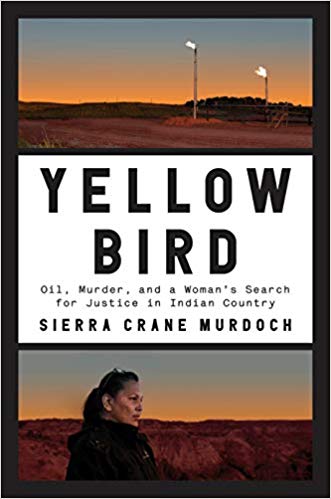
In this accomplished debut work of true crime, investigative journalist Sierra Crane Murdoch follows the efforts of Lissa Yellow Bird, a member of the Mandan, Hidatsa, and Arikara Nation who has dedicated herself to the search for missing people in Indian Country. When Kristopher "KC" Clarke, a 29-year-old oil field worker, vanished from North Dakota's Fort Berthold Reservation in 2012, Yellow Bird became "transfixed" by the case. But despite her criminal justice degree, she wasn't a police officer; in fact, she'd previously done time. Yellow Bird instead "started passing out fliers on Fort Berthold, interviewing peripheral and then central suspects in the case," recounted High Country News in a piece published last year. With Yellow Bird, Murdoch "has outdone herself by telling the story in a beautifully narrative way," writes Library Journal.
Also noteworthy in February: The Resisters, by Gish Jen (Feb. 4), American Sherlock: Murder, Forensics, and the Birth of American CSI, by Kate Winkler Dawson (Feb. 11), Weather, by Jenny Offill (Feb. 11), Whistleblower: My Journey to Silicon Valley and Fight for Justice at Uber, by Susan Fowler (Feb. 18), Citizen Reporters: S.S. McClure, Ida Tarbell, and the Magazine That Rewrote America, by Stephanie Gorton (Feb. 18), Real Life, by Brandon Taylor (Feb. 18)
March
7. The Mirror and the Light, by Hilary Mantel (March 10)
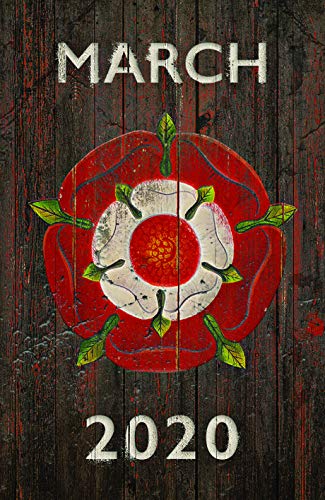
"Highly-anticipated" doesn't even begin to cover it. After an extensive eight year hiatus that I personally felt every single second of, Mantel returns in 2020 with the third and final book in her outstanding trilogy about Thomas Cromwell, which began with dual Man Booker-winners Wolf Hall (2009) and Bring Up the Bodies (2012). The Mirror and the Light picks up in 1536, following the execution of Anne Boleyn, and is due, naturally, to end with Cromwell's death four years later in 1540. "People ask me if I'm having trouble killing off Thomas Cromwell. No, why would I?" Mantel said in 2017, as recounted by The Guardian. "It is 10 years' worth of effort and it is lovely to have the encouragement of people who are waiting for it, but that's why I want to deliver them something that is the very best." There is no doubt in my mind that the wait will be worth it.
8. New Waves, by Kevin Nguyen (March 10)
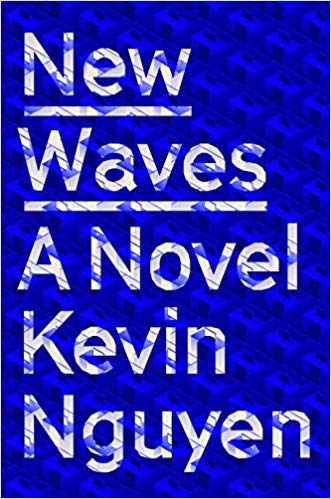
You want to talk about book buzz, I'll tell you about book buzz. New Waves — the debut novel by The Verge's Kevin Nguyen — has received coveted starred reviews from both Publishers Weekly and Kirkus, as well as breathless praise across literary Twitter (a sample: Lot author Bryan Washington tweeted, "I'm generally allergic to bookworld hyperbole but New Waves is genuinely one of my favorite novels that I've ever read — it's too f--king good"). When Margo is dismissed from the messaging app startup she works at with Lucas as the only black employee, she convinces him to steal the company's user data with her. The two best friends then proceed to land jobs at Phantom, a rival startup, only for Margo to be struck and killed by a car. Lucas is left trying to make sense of their crime, her suspicious death, and the blindingly homogenous world of big tech. Plus, I hear New Waves has an epigraph from The Legend of Zelda. Sold.
9. Lady in Waiting: My Extraordinary Life in the Shadow of the Crown, by Anne Glenconner (March 24)
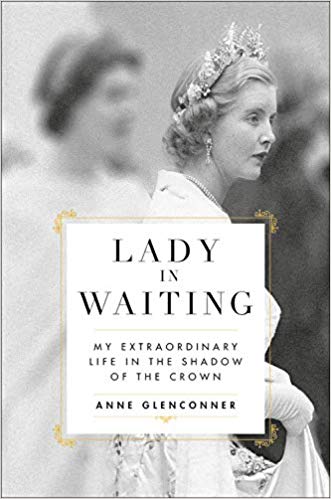
Fans of The Crown and royal weddings will love this insider account of the lives of the British aristocracy. But Princess Margaret, the queen's younger sister who died in 2002, is not the only formidable women to feature prominently in this book. Author Anne Glenconner, now 87, spent 30 years as the lady-in-waiting to the princess, while also navigating the turbulence of her own life and class. "I wrote the book partly because I was so upset by all the things people wrote about [Princess Margaret] and they didn't even know her!" Glenconner told The Sydney Morning Herald. A critic at the Evening Standard described the result as "tough, sad, comic, and deeply weird," which sounds just like my cup of tea.
Also noteworthy in March: The Night Watchmen, by Louise Erdrich (March 3), Deacon King Kong, by James McBride (March 3), The Perfect World of Miwako Sumida, by Clarissa Goenawan (March 10), My Dark Vanessa, by Kate Elizabeth Russell (March 10), Don't You Know I Love You, by Laura Bogart (March 17), The Mountains Sing, by Nguyễn Phan Quế Mai (March 17), Anna K, by Jenny Lee (March 20), The Glass Hotel, by Emily St. John Mandel (March 20), The City We Became, by N.K. Jemisin (March 21), Wow, No Thank You: Essays, by Samantha Irby (March 31)
April
10. Godshot, by Chelsea Bieker (April 7)
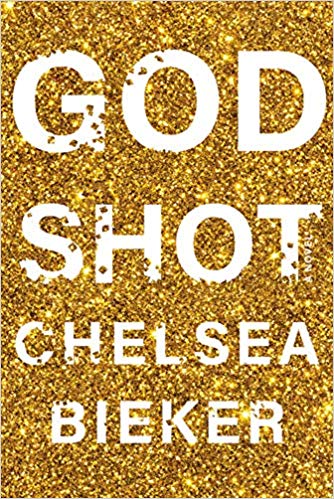
California is a familiar backdrop in many books, but so often the stories are based in Los Angeles or San Francisco. Godshot, the debut by Chelsea Bieker, takes place instead in the Central Valley, in the fictional town of Peaches — a once-lush agricultural center, now beset by drought. Understandably, many of the residents have become desperate and turn to the teachings of Pastor Vern, who claims he can bring rain back to the valley if only his orders are followed. Through a series of events, Lacey May, 14, is sucked into Pastor Vern's cult, where sex and the conception of a child are seen as the only way out of the misery; Godshot has drawn favorable comparisons to The Handmaid's Tale. As author T Kira Madden (whose debut, Long Live the Tribe of Fatherless Girls, was included in my preview last year) put it to The Millions, Bieker's book is "the kind of novel that comes around every decade, maybe." Don't miss it.
11. Chosen Ones, by Veronica Roth (April 7)

You might not know the name Veronica Roth, but your teen sure does. Roth authored the mega-popular young adult Divergent trilogy, which sold more than 32 million copies worldwide and was adapted into two films. Chosen Ones is being marketed as Roth's "first novel for adults" (although distinctions between YA and adult literature are silly), and follows the lives of the five "Chosen Ones," who as teenagers had taken down an evil being called the Dark One and now, years later, have to adjust to life as heroes. As Kirkus sums it up in their starred review, "What happens to heroes after they save the world?" Or, as Roth puts it herself, "My books for young people tackle what it's like to take on adult burdens for the first time, but Chosen Ones is about what comes after that — what a person does, and who they become, when they've spent their life preparing for something that's already been accomplished." You can read an excerpt at Entertainment Weekly.
12. How Much of These Hills Is Gold, by C Pam Zhang (April 7)
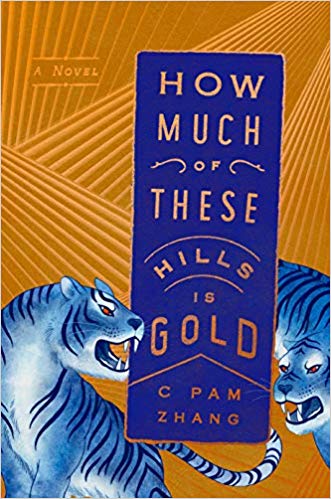
I'll admit that even more than I have a weakness for beautiful book covers, I will buy something solely based on its title. How Much of These Hills Is Gold, though, is more than just a great name; Publishers Weekly calls this tale of the children of a Chinese prospector, set during the gold rush, an "extraordinary debut." The story follows siblings Lucy, 12, and Sam, 11, after the death of their father, "Ba"; orphaned, the pair are at a loss for how to bury Ba in the traditional Chinese fashion, since they lack the requisite two silver dollars to cover his eyes. Soon they find themselves unprepared and on the run with their father's body and blood on their hands. You can get a sense of Zhang's gorgeous writing at Longreads, where a 2017 excerpt of the novel-in-progress was republished after first appearing in The Missouri Review.
Also noteworthy in April: Perfect Tunes, by Emily Gould (April 14), What You Become in Flight, by Ellen O'Connell Whittet (April 14), Warhol, by Blake Gopnik (April 21), The Book of Longings, by Sue Monk Kidd (April 21), Death in Her Hands, by Ottessa Moshfegh (April 21), Conditional Citizens: On Belonging in America, by Laila Lalami (April 28)
May
13. Stray, by Stephanie Danler (May 5)

I loved Stephanie Danler's 2016 debut novel, Sweetbitter, which was based on her experience of moving to New York and waitressing at the posh Union Square Cafe. But while Stray is an "approximate memoir," per Goodreads, it's not simply milking the same story she wrote before. Rather, here Danler writes about her life after selling Sweetbitter, when she is pulled from New York City, her home of 10 years, back to Southern California, where her mother lives with disabilities due to alcoholism and a brain aneurysm and her father has become a meth addict. It's unclear if this essay, "Engrams, California," published in The Sewanee Review in 2017, is an excerpt from her memoir, but it will give you a sense of Danler's quietly calamitous tone: "Like the tectonic plates that keep California unsteady," she writes, "trauma's movement is never interrupted; it is always shifting — yet we only pay attention when it's a disaster."
14. A Children's Bible, by Lydia Millet (May 12)
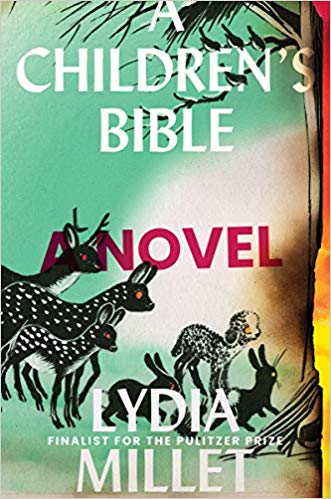
Pulitzer Prize finalist Lydia Millet (My Happy Life; Sweet Lamb of Heaven) returns this year with a novel that echoes the themes of the 2019 climate strikes by students around the world. Twelve teens — the narrator, Eve, among them — reluctantly accompany their parents on a vacation to a lakeside mansion in New England. There, the parents give in to hedonistic delights (sex, drugs, alcohol) while their children look on scornfully. The trip is interrupted when the eastern seaboard is pummeled by a superstorm; as the parents party on, Eve and the others decide to escape and find themselves in a world that looks much like the stories depicted in a children's Bible. Millet's publisher calls A Children's Bible "an indelible novel of teenage alienation and adult complacency in an unraveling world," and it seems like it could be the perfect allegory for the uncertain decade ahead.
15. The Ballad of Songbirds and Snakes, by Suzanne Collins (May 19)
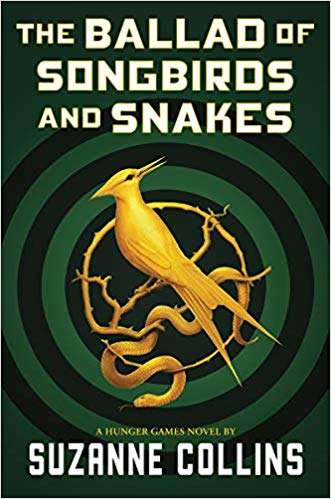
A decade after the final Hunger Games book, Mockingjay, was published in 2010, Suzanne Collins is releasing a prequel set 64 years before Katniss volunteered as tribute. The Ballad of Songbirds and Snakes begins on the morning of the 10th-ever Hunger Games competition. While details are otherwise in short supply, Collins said in a press release that "I wanted to explore the state of nature, who we are, and what we perceive is required for our survival. The reconstruction period 10 years after the war, commonly referred to as the Dark Days — as the country of Panem struggles back to its feet — provides fertile ground for characters to grapple with these questions and thereby define their views of humanity." The first printing of The Ballad of Songbirds and Snakes will be 2.5 million copies (by comparison, the top-selling book of 2019, Where the Crawdads Sing, sold 907,000 copies in 2019), meaning this could potentially be the biggest book of the year.
Also noteworthy in May: Natural History, by Carlos Fonseca, trans. by Megan McDowell (May 5), All Adults Here, by Emma Straub (May 5), Sansei and Sensibility, by Karen Tei Yamashita (May 5), Antkind, by Charlie Kaufman (May 12), Pew, by Catherine Lacey (May 12), Quotients, by Tracy O'Neill (May 12)
Summer and onward:
16. The Vanishing Half, by Brit Bennett (June 2)
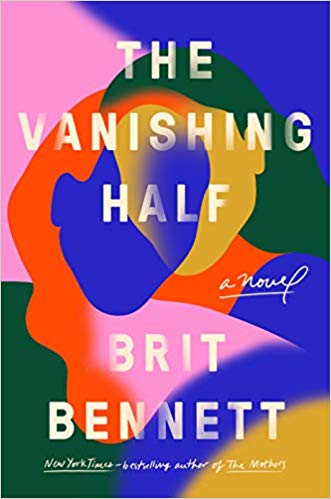
Brit Bennett, one of the National Book Foundation's "5 under 35" debut novelists, wowed me in 2016 with her magnificent book The Mothers (which, by the way, is being adapted by Scandal's Kerry Washington!). Bennett's sophomore work is about the Vignes sisters, identical twins who, as adults, live very separate lives: one sister lives in the southern town where they were born, while the other passes for white with a white husband. "Looking well beyond issues of race, The Vanishing Half considers the lasting influence of the past as it shapes a person's decisions, desires, and expectations, and explores some of the multiple reasons and realms in which people sometimes feel pulled to live as something other than their origins," writes the publisher. I'll add my own two cents: A new Bennett novel is a can't-miss event.
17. The Lying Life of Adults, by Elena Ferrante, trans. by Ann Goldstein (June 9)
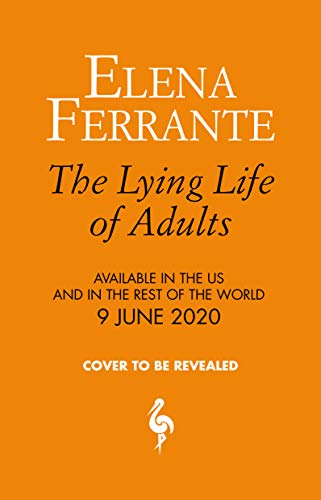
Elena Ferrante exploded onto the North American literary scene when her Neapolitan Novels (My Brilliant Friend; The Story of a New Name; Those Who Leave and Those Who Stay; Story of the Lost Child) were released in English between 2012 and 2015. The Lying Life of Adults, Ferrante's 10th overall novel and her first since her identity was supposedly outed, will make its way to English this year. The book was published in Italy in 2019 after a surprise announcement, and to such fervor that fans queued to pick it up at midnight. The Lying Life of Adults centers on Giovanna between the ages of 12 and 16, reports The Guardian, "charting her development from the sweet girl who adores her parents to a sulking, aggressive teenager who finds pleasure in self-abasement and making those around her uncomfortable ... Parents' foibles and unappealing habits are transmitted, Larkin-like, to their children." Sure enough, the novel starts with a whammy of an opening sentence: "Two years before leaving home my father said to my mother that I was very ugly." There's good news for Ferrante obsessives, too: The Guardian adds that "the book's final pages leave the possibility of a follow-up."
18. Memorial Drive, by Natasha Trethewey (July 18)
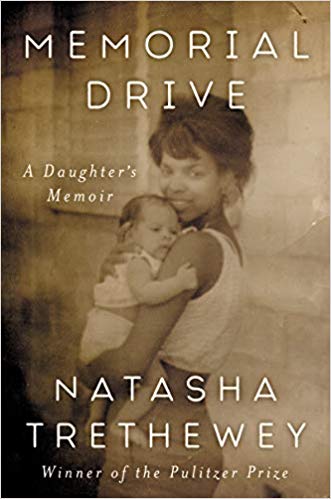
Former U.S. poet laureate and Pulizer Prize-winner Natasha Trethewey's forthcoming book isn't a collection of poems, as one might expect, but a memoir — about her mother's murder at the hand's of an ex-husband when Trethewey was 19. The trauma has long been present in Trethewey's poetry; "I think of myself as someone who has lived in a state of bereavement my whole adult life," she told the Chicago Tribune in a 2018 interview after the publication of Monument: Poems New and Selected. Born in the Deep South in 1966, Trethewey grew up during the Jim Crow era, when her parents' marriage was still illegal; her mother, Gwendolyn, was black, while her father was a white Canadian. After her parents separated, Trethewey and Gwendolyn moved to Atlanta, where Gwendolyn met a Vietnam vet named Joel — the man who, even after he and Gwendolyn separated, would continue to stalk her. "This profound story of the horrors of domestic abuse and a daughter's eternal love for her mother will linger long after the book's last page is turned," writes Publishers Weekly.
19. The Sprawl: Reconsidering the Weird American Suburbs by Jason Diamond (Aug. 11)
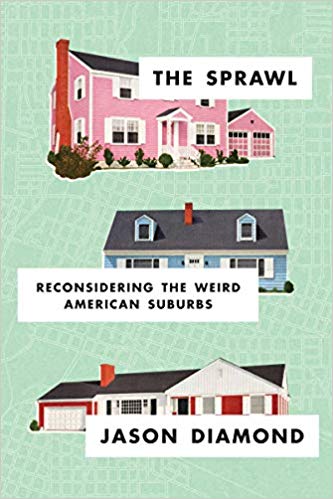
Over the holidays, I returned from New York City to my hometown just east of Seattle and was struck by how truly bizarre the suburbs are. But despite the many stereotypes about the conformity of the sprawl, Chicago-area native Jason Diamond sees these borderland communities as the "incubator for distinctly American art." Ranging "from garage rock to Greta Gerwig," The Sprawl is precisely within Diamond's personal wheelhouse (his first book, the memoir Searching for John Hughes, also excavates suburbia) and apparently involved a lot of archival research as well. Get a sense of Diamond's style from his great 2015 essay for Electric Literature, "You Should Never Go Home: Fiction and the Suburbs in Judy Blume and Karolina Waclawiak," in which he writes, "[A]lthough the big cities hold a million stories, authors who go to little towns where everything is supposed to be perfect but ultimately fall short return with unforgettable stories."
Also noteworthy: A Burning, by Megha Majumdar (June 2), Utopia Avenue, by David Mitchell (June 2), The Dragons, the Giant, the Women, by Wayétu Moore (June 2), Nothing Is Wrong and Here Is Why, by Alexandra Petri (June 2), Hieroglyphics, by Jill McCorkle (June 9), I Don't Remember, by Hilton Als (June 16), Three Streets, by Yoko Tawada (June 30), Transcendent Kingdom, by Yaa Gyasi (Sept. 15)
Jeva Lange was the executive editor at TheWeek.com. She formerly served as The Week's deputy editor and culture critic. She is also a contributor to Screen Slate, and her writing has appeared in The New York Daily News, The Awl, Vice, and Gothamist, among other publications. Jeva lives in New York City. Follow her on Twitter.
-
 ‘This is something that happens all too often’
‘This is something that happens all too often’Instant Opinion Opinion, comment and editorials of the day
-
 House votes to end Trump’s Canada tariffs
House votes to end Trump’s Canada tariffsSpeed Read Six Republicans joined with Democrats to repeal the president’s tariffs
-
 Bondi, Democrats clash over Epstein in hearing
Bondi, Democrats clash over Epstein in hearingSpeed Read Attorney General Pam Bondi ignored survivors of convicted sex offender Jeffrey Epstein and demanded that Democrats apologize to Trump
-
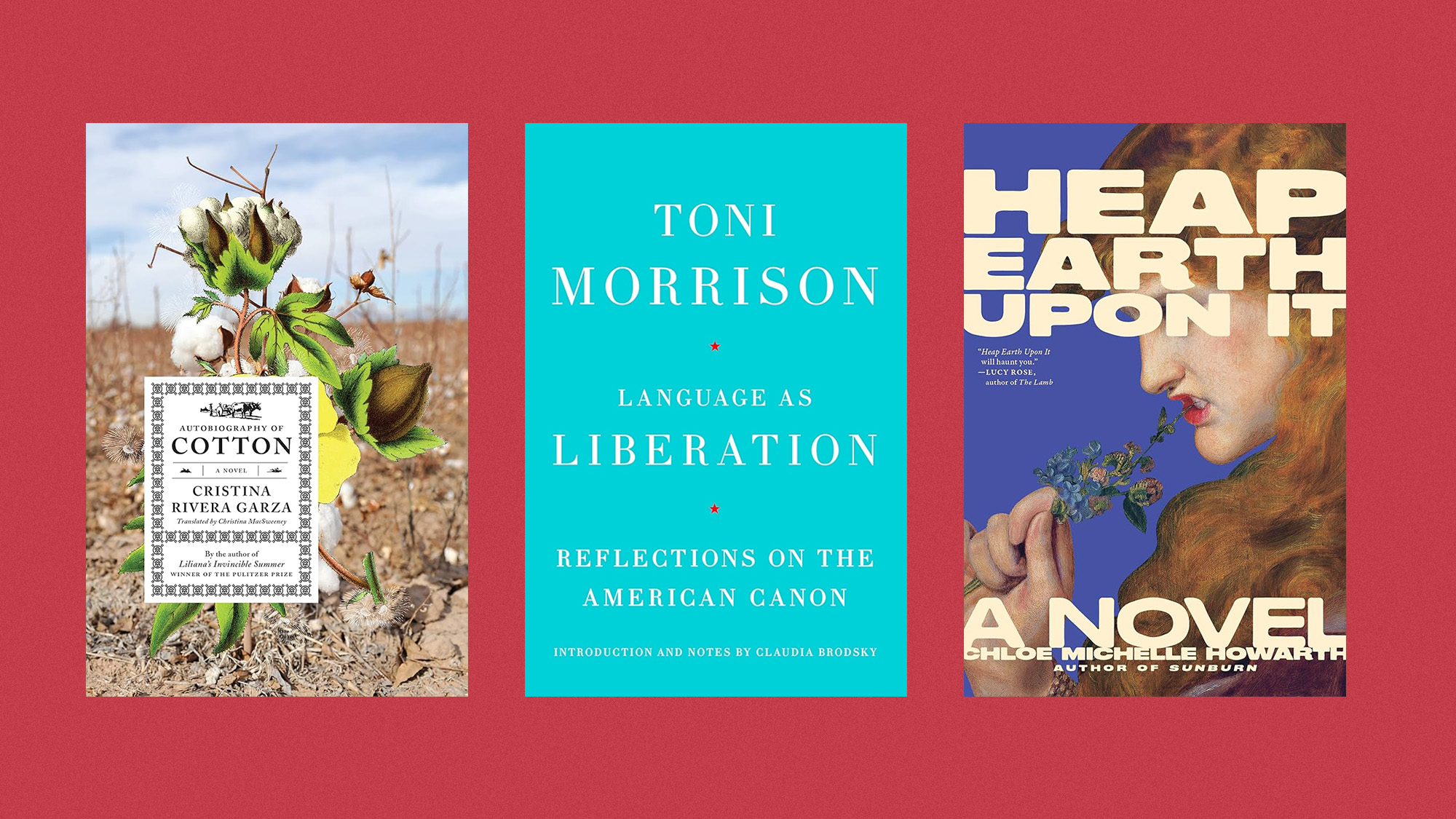 February’s books feature new Toni Morrison, a sapphic love tale and a criticism of Mexican history
February’s books feature new Toni Morrison, a sapphic love tale and a criticism of Mexican historyThe Week Recommends This month’s new releases include ‘Autobiography of Cotton’ by Cristina Rivera Garza, ‘Language as Liberation’ by Toni Morrison and ‘Heap Earth Upon It’ by Chloe Michelle Howarth
-
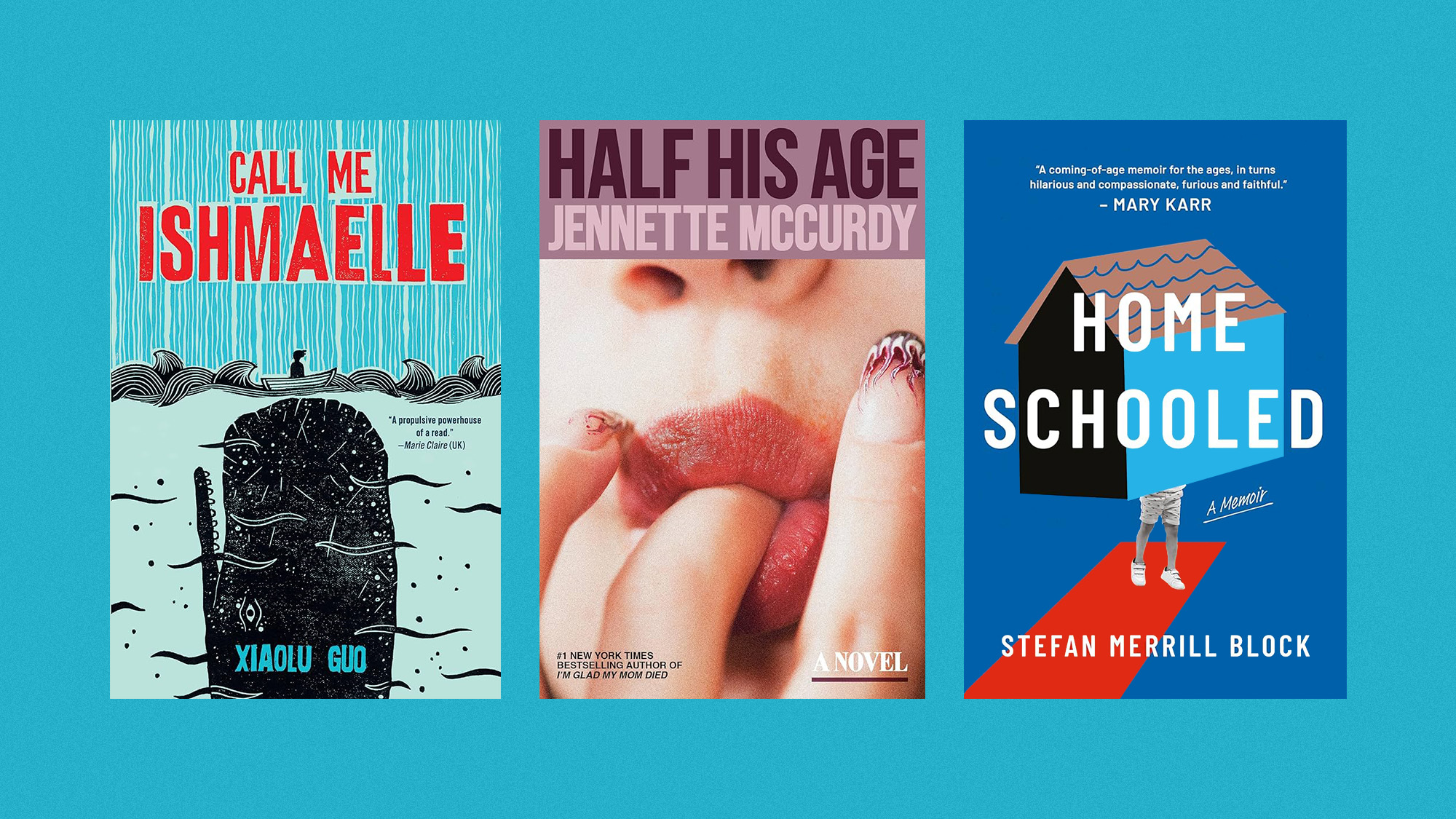 January’s books feature a revisioned classic, a homeschooler’s memoir and a provocative thriller dramedy
January’s books feature a revisioned classic, a homeschooler’s memoir and a provocative thriller dramedyThe Week Recommends This month’s new releases include ‘Call Me Ishmaelle’ by Xiaolu Guo, ‘Homeschooled: A Memoir’ by Stefan Merrill Block, ‘Anatomy of an Alibi’ by Ashley Elston and ‘Half His Age’ by Jennette McCurdy
-
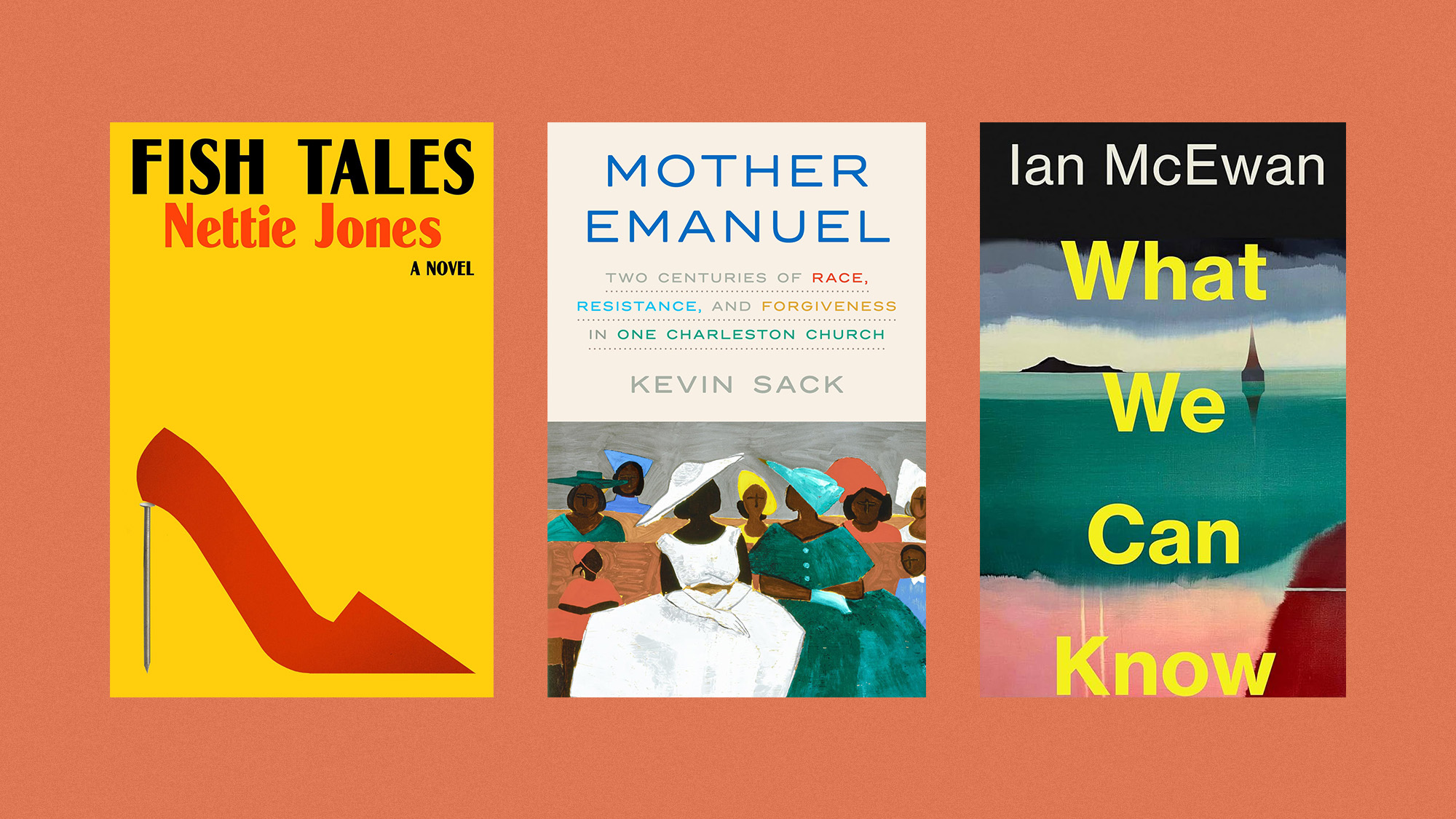 The best books of 2025
The best books of 2025The Week Recommends A deep dive into the site of a mass shooting, a new release from the author of ‘Atonement’ and more
-
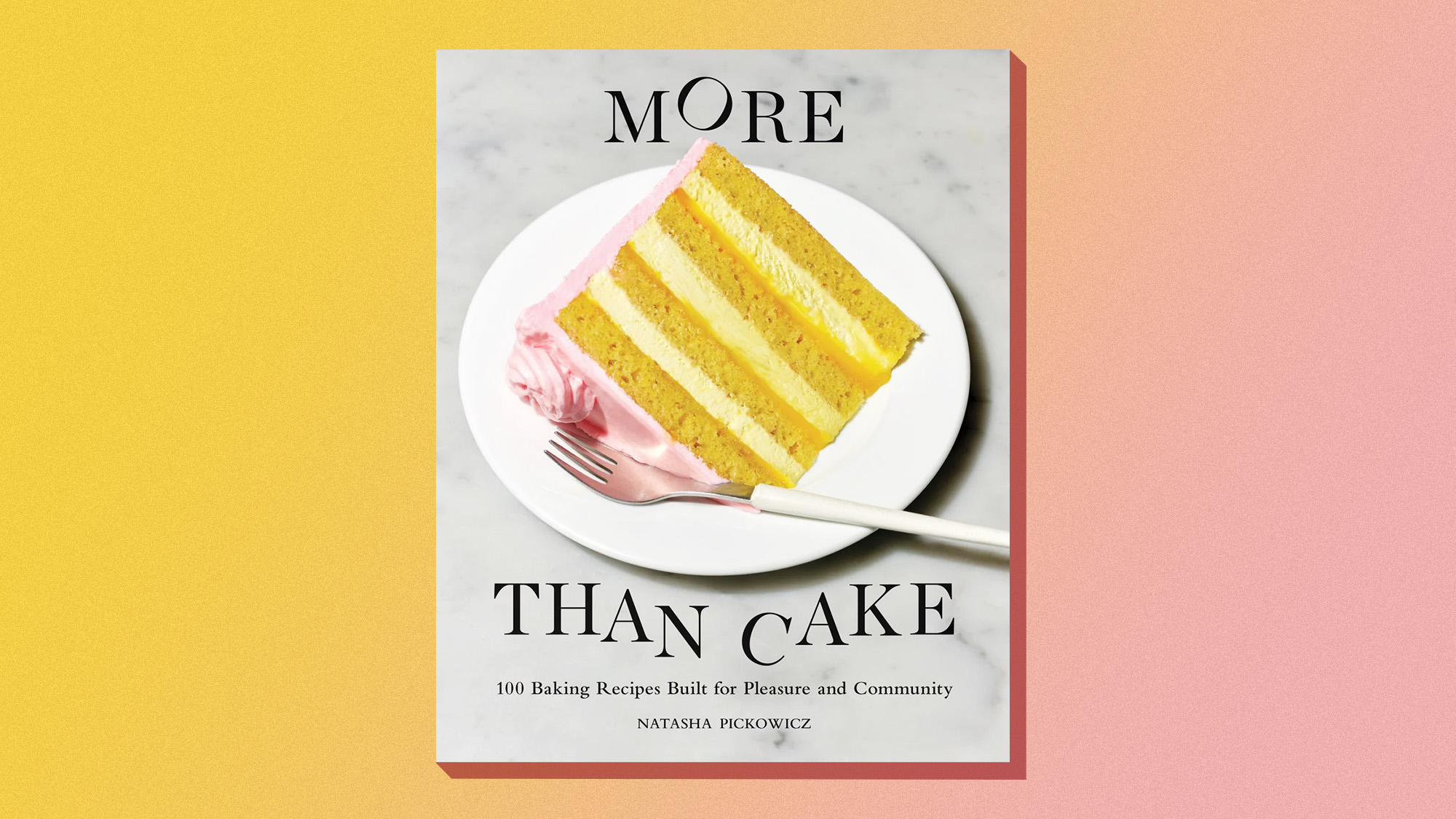 One great cookbook: Natasha Pickowicz’s ‘More Than Cake’
One great cookbook: Natasha Pickowicz’s ‘More Than Cake’the week recommends The power of pastry brought to inspired life
-
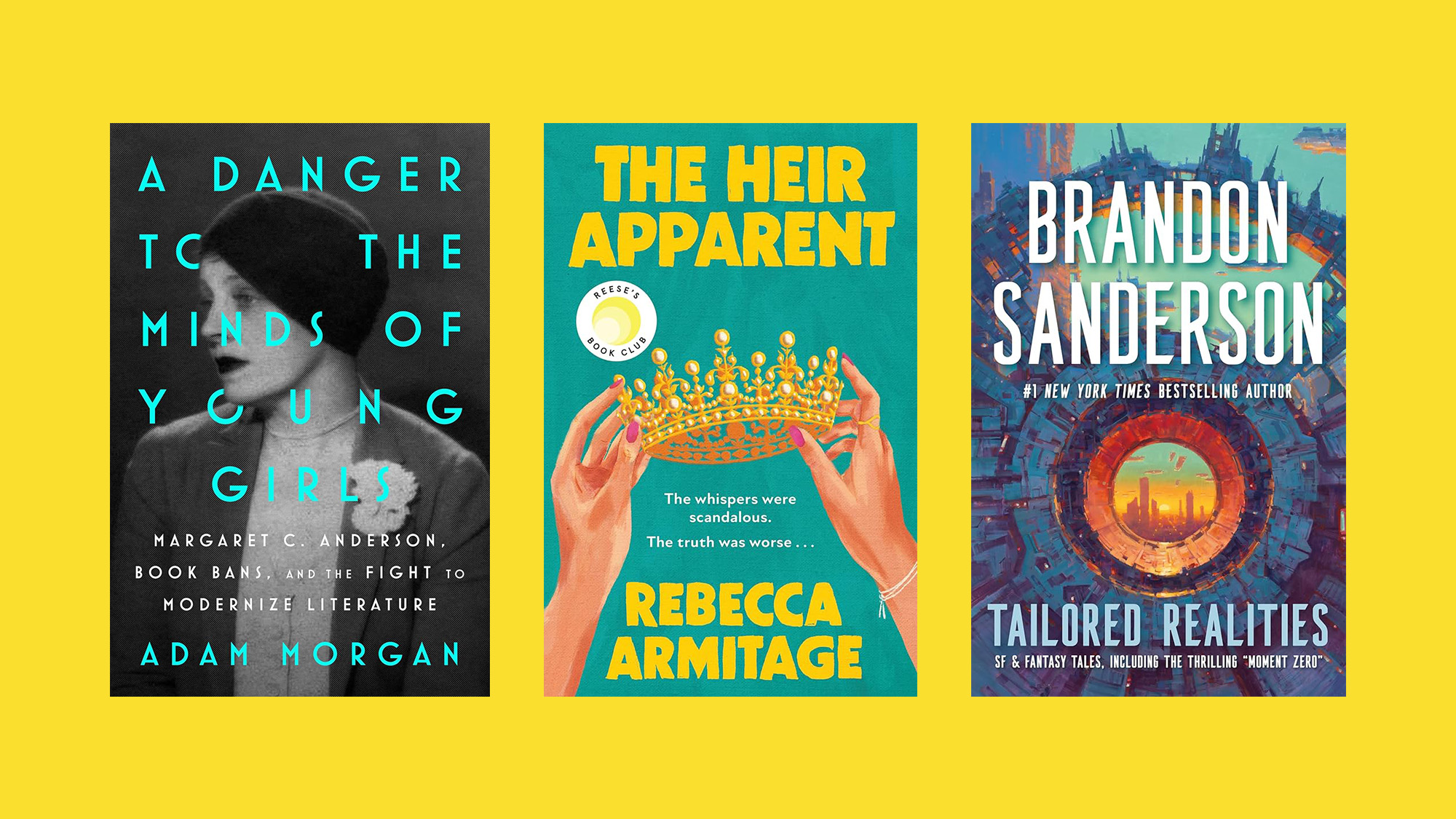 December’s books feature otherworldly tales, a literary icon’s life story and an adult royal romp
December’s books feature otherworldly tales, a literary icon’s life story and an adult royal rompThe Week Recommends This month's new releases include ‘The Heir Apparent’ by Rebecca Armitage and ‘Tailored Realities’ by Brandon Sanderson
-
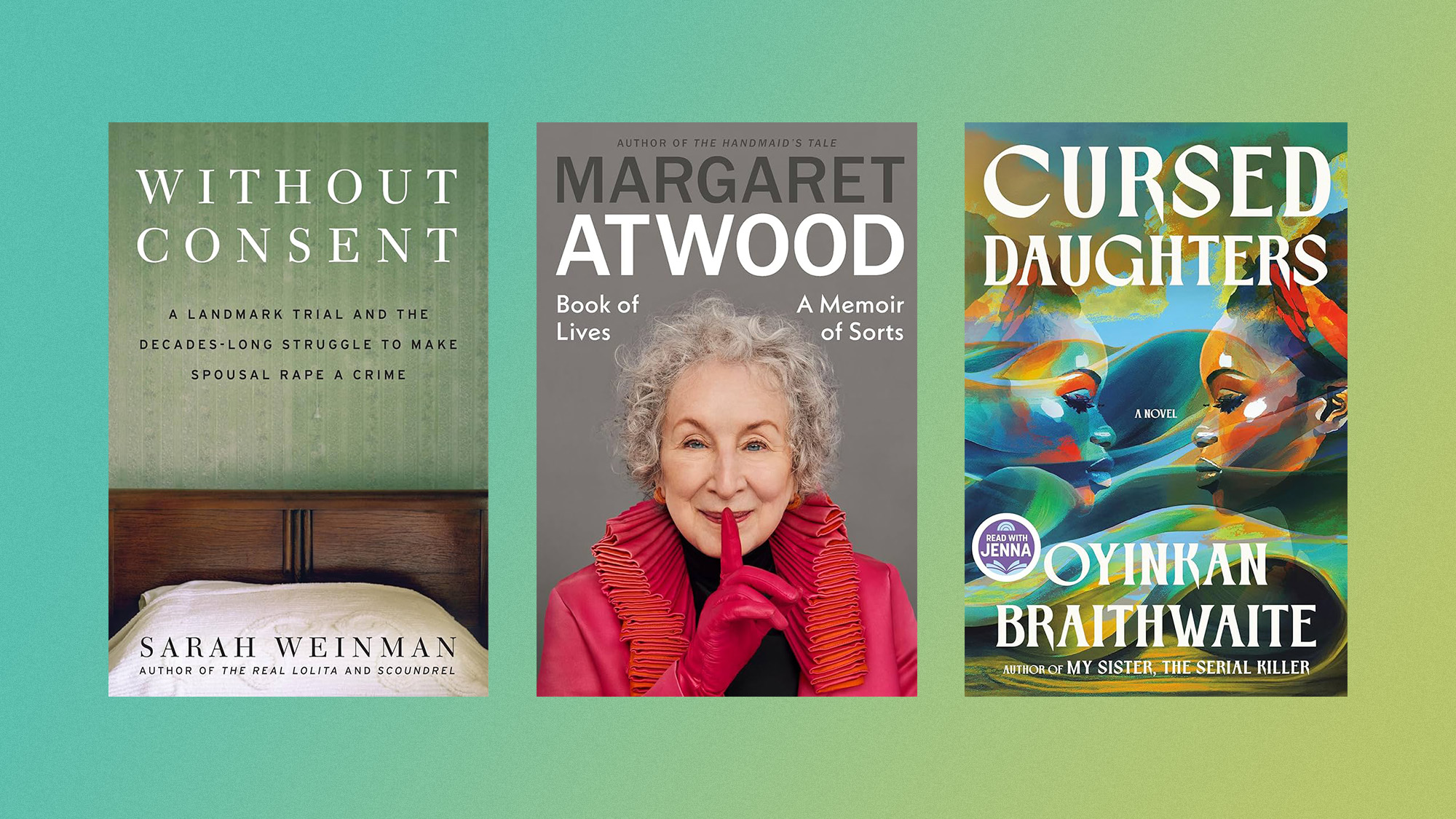 Margaret Atwood’s memoir, intergenerational trauma and the fight to make spousal rape a crime: Welcome to November books
Margaret Atwood’s memoir, intergenerational trauma and the fight to make spousal rape a crime: Welcome to November booksThe Week Recommends This month's new releases include ‘Book of Lives: A Memoir of Sorts’ by Margaret Atwood, ‘Cursed Daughters’ by Oyinkan Braithwaite and 'Without Consent' by Sarah Weinman
-
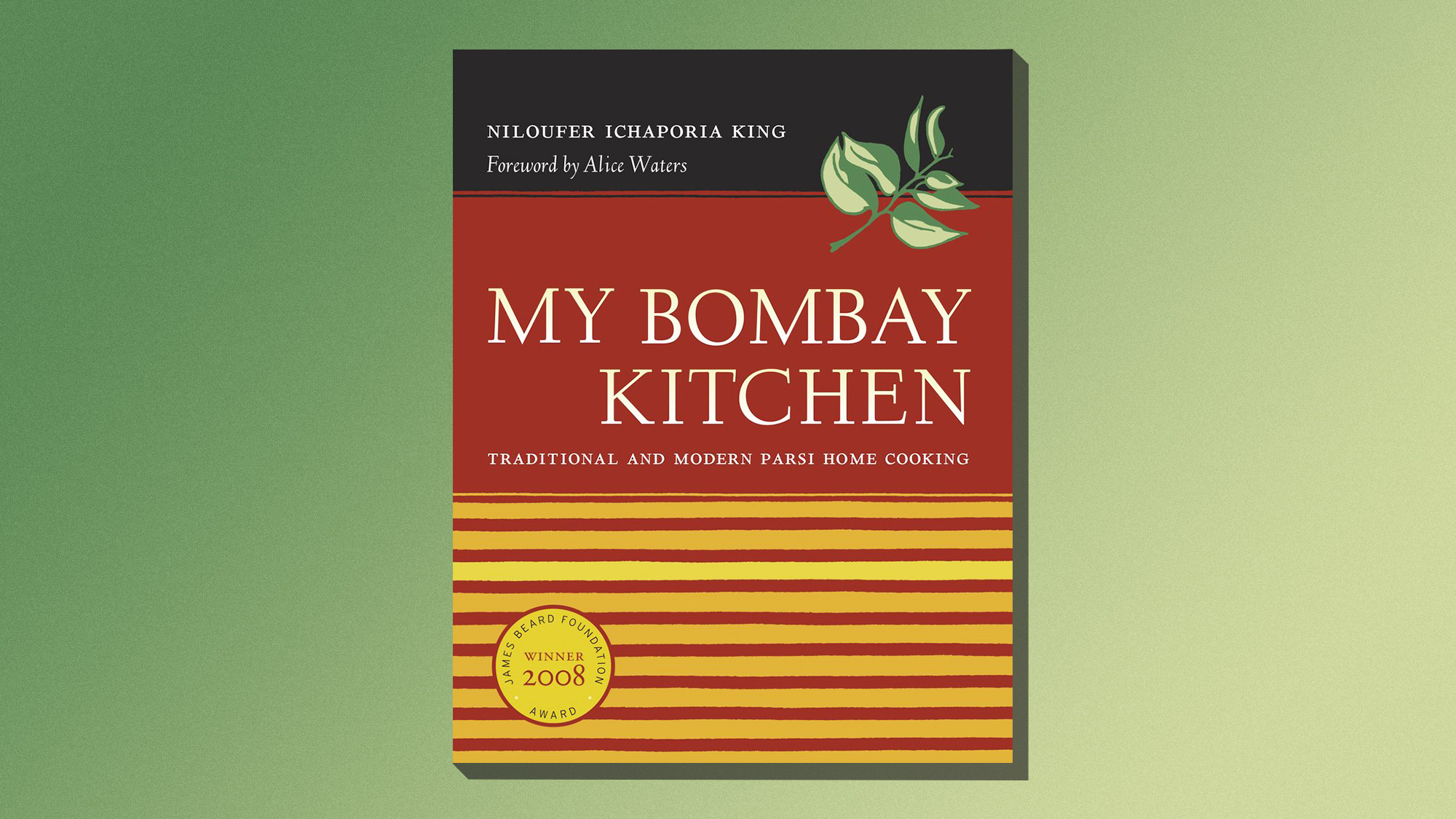 One great cookbook: Niloufer Ichaporia King’s ‘My Bombay Kitchen’
One great cookbook: Niloufer Ichaporia King’s ‘My Bombay Kitchen’The Week Recommends A personal, scholarly wander through a singular cuisine
-
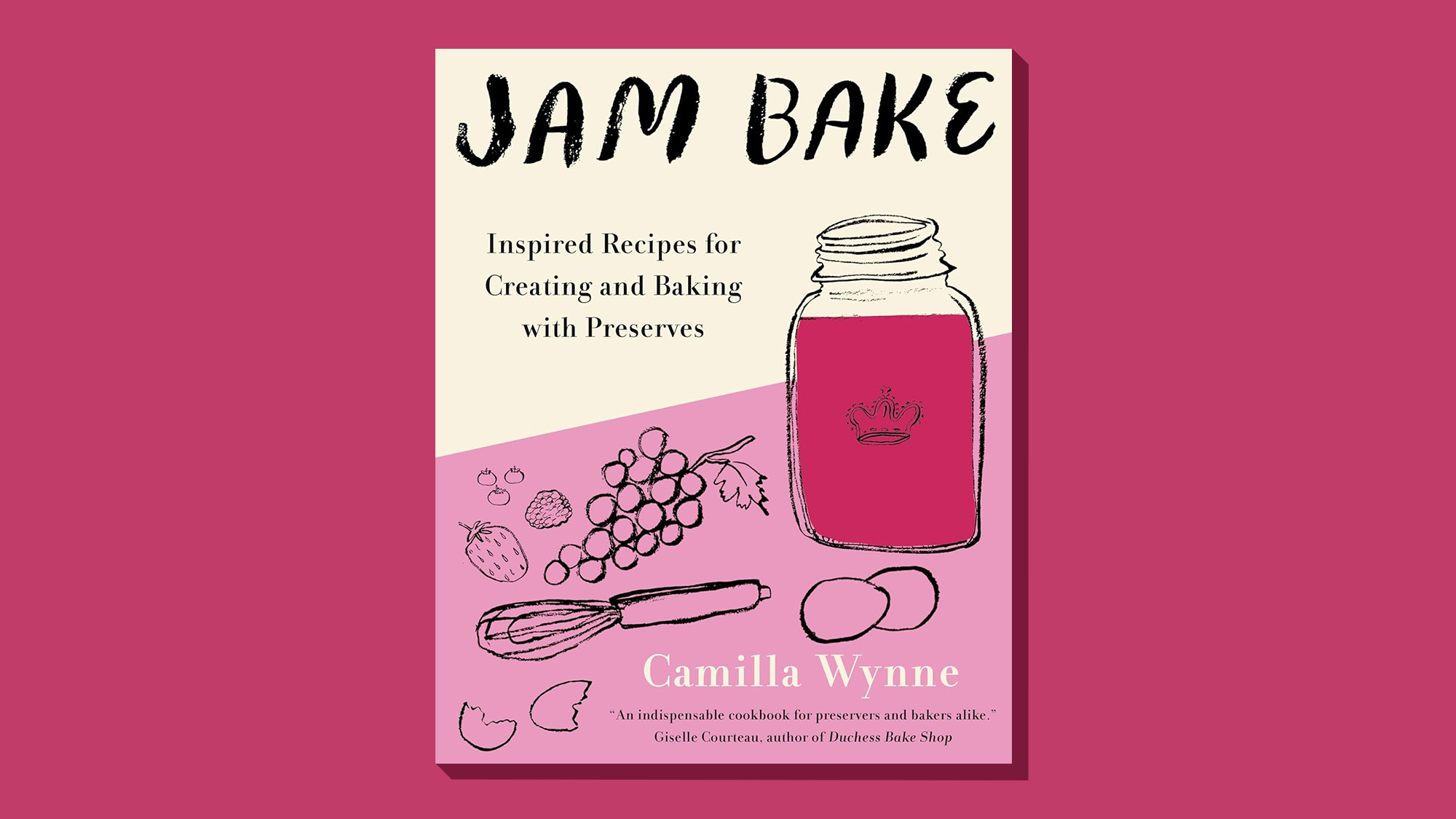 One great cookbook: Camilla Wynne's 'Jam Bake'
One great cookbook: Camilla Wynne's 'Jam Bake'The Week Recommends A guide to pristine jam-making, plus the baked goods that love them
